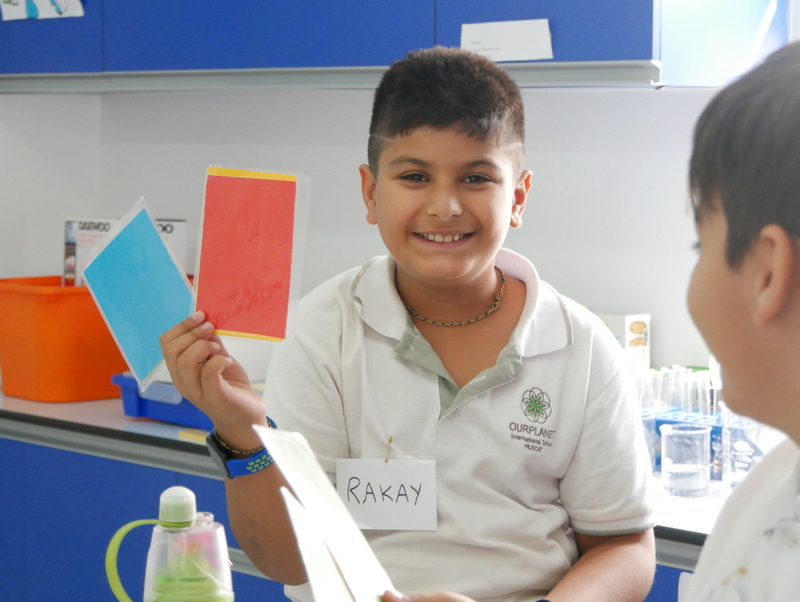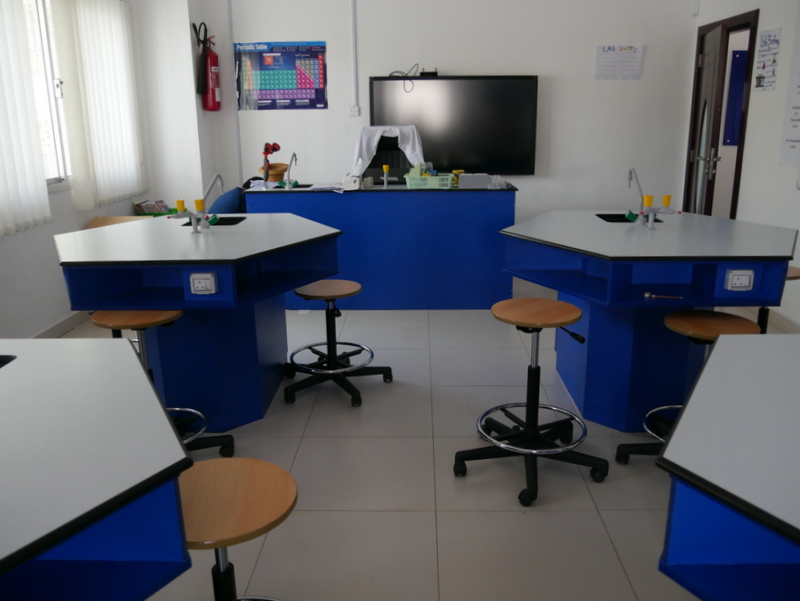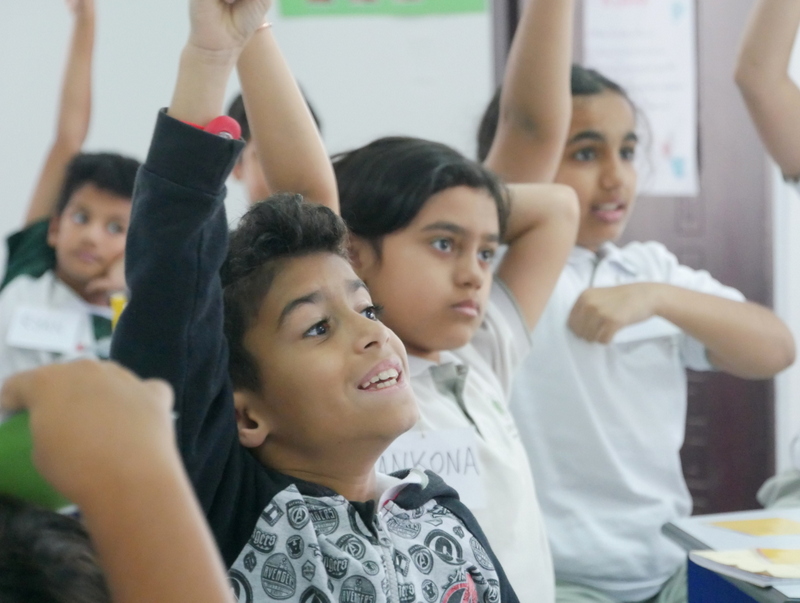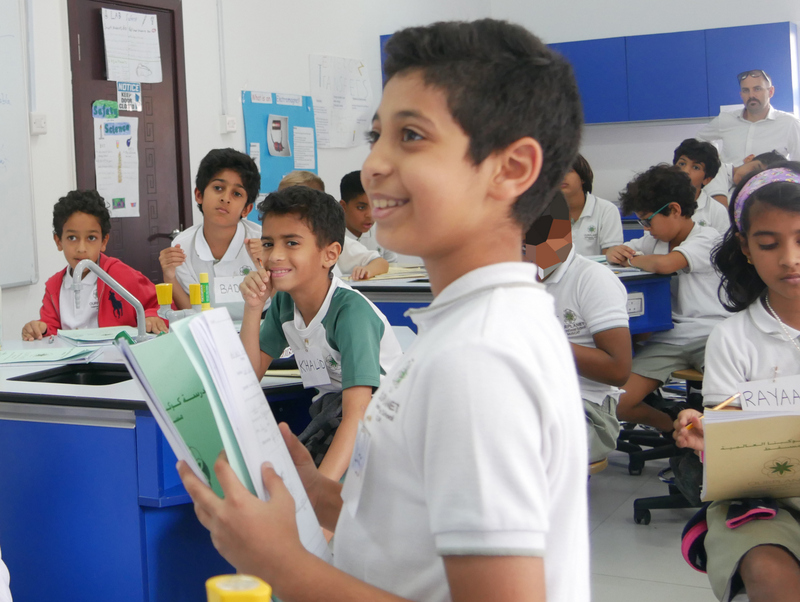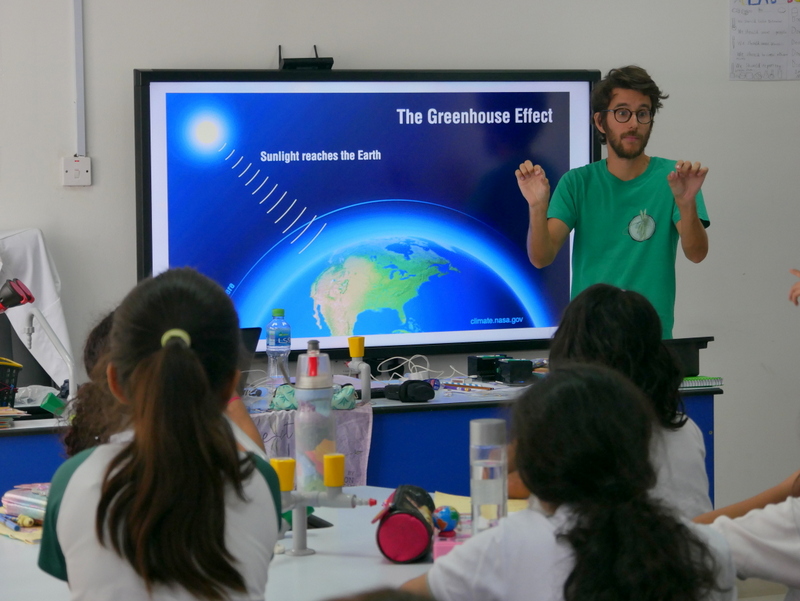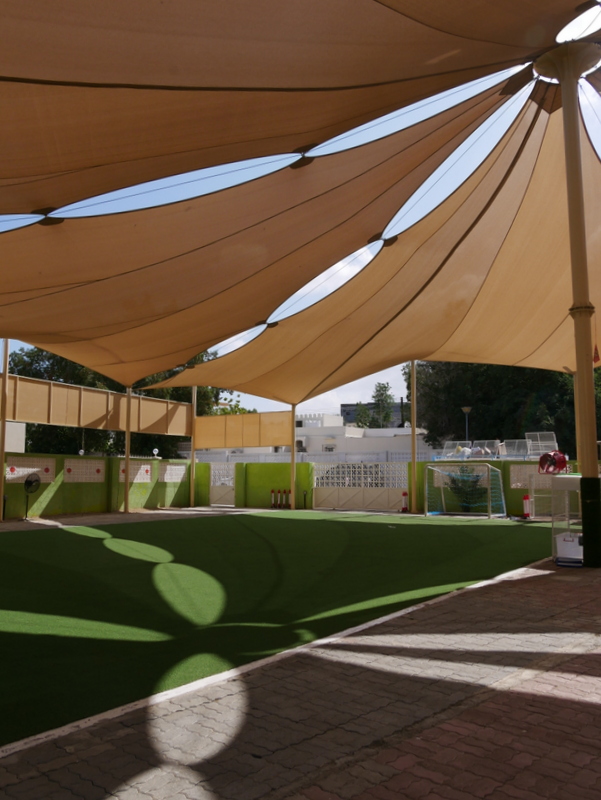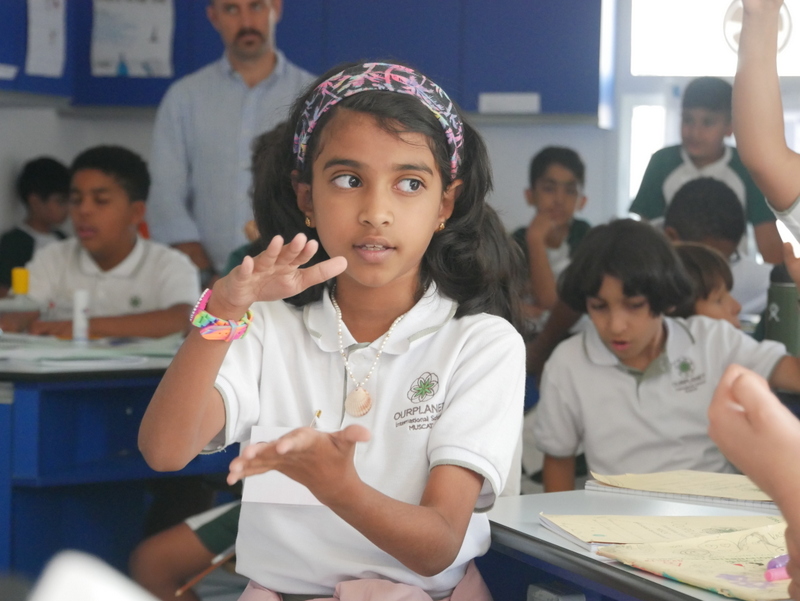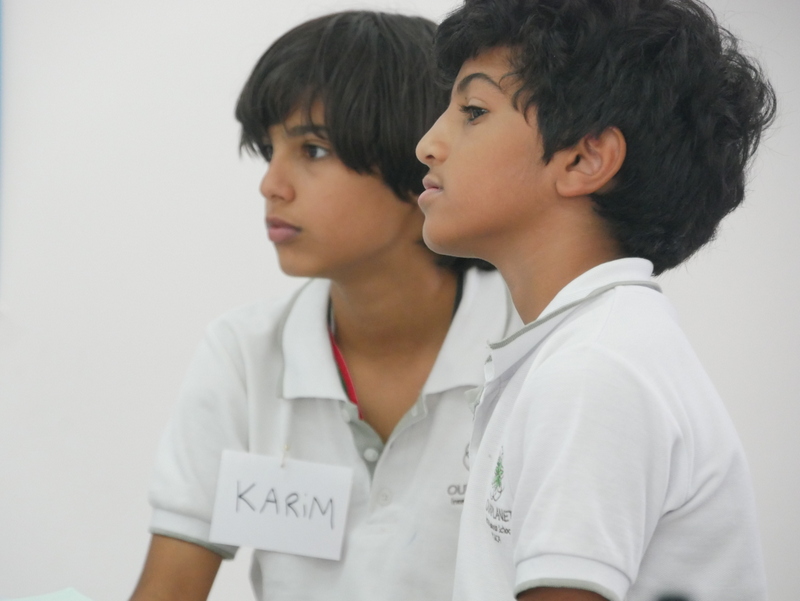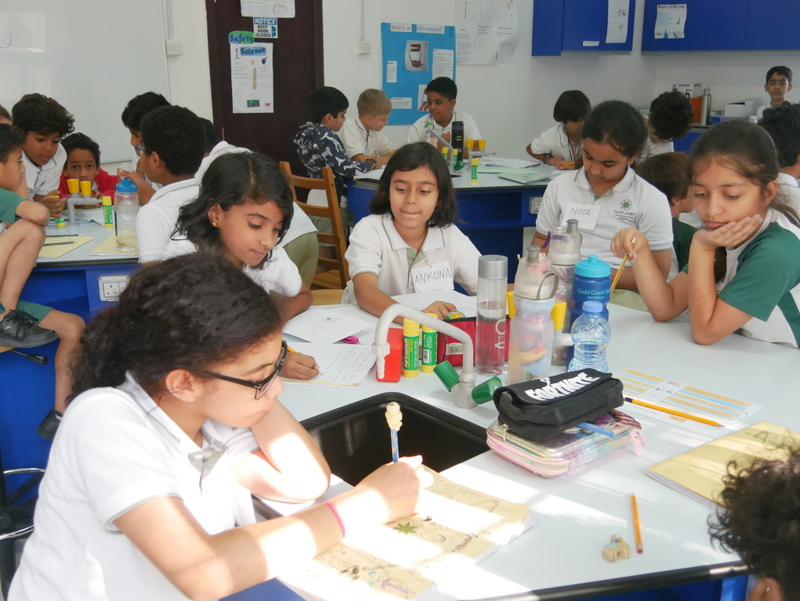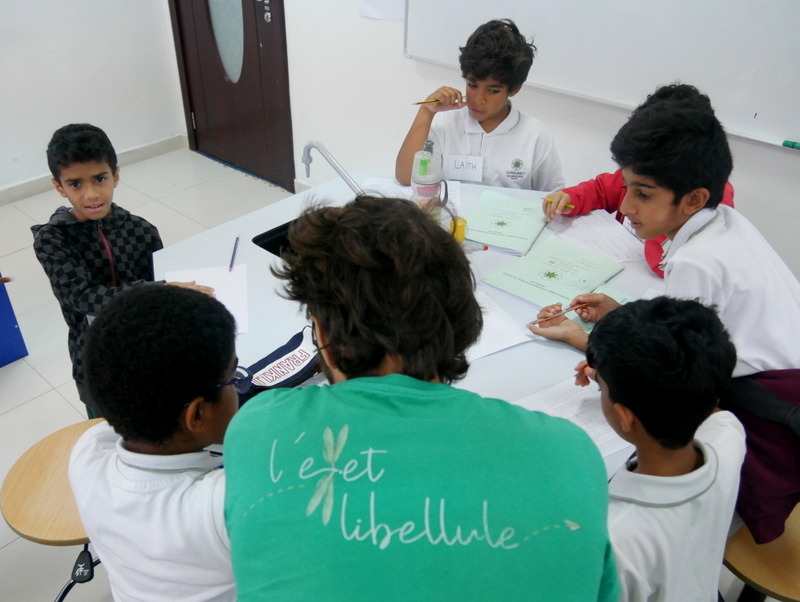Summary
Welcome to Oman, the country of incense, golden dune desert and verdant oasis called Wadi. Originally planned as a stopover on our return from Nepal, the Sultanate of Oman has become for L'Effet Libellule a destination in its own right. In this country propelled into modernity by the coming to power of Sultan Qaboos and the exploitation of oil in the 1970s, it seemed interesting to question the place of the environment in the concerns of its inhabitants and its schoolchildren.
It was through the French expat network that we were able to get in touch with Our Planet International School in Muscat, the country's capital. One of the priorities of this international school is sustainability, so the ambition is to train future responsible adults capable of securing the future of our planet. Various educational projects are set up throughout the year to engage students and involve them in the protection of the environment. You will understand, this time, we do not intervene in a class of novices!
Optimal conditions for Our Planet!
Between holidays for the Sultan's birthday and the bad weather of the last days, we were afraid that our Libellule days would be canceled. Indeed, when French schoolchildren hope that there will be no school bus on days of snow, the small Omani watch for the few (but important) rains hoping that schools are closed!
But this Sunday, November 24, here first day of the week, the 26 students of Grade 5 are all present in the courtyard for the morning ceremony, the national anthem, the gymnastics movements and the small word dynamic and enthusiastic of the director. It is actually 2 classes of 14 students who are gathered for the Libellule days. Here, children speak and learn in English, they have daily Arabic lessons and are introduced to French. The majority of children of this international class are Omani.
We are dealing with students who are curious and very comfortable speaking in oral and in public. They like to explain the phenomena they already know and try to link new information with freshly learned concepts. Despite the strong participation and curiosity of the students, they remain focused and the class quickly becomes calm when the attention is asked. The teachers, who are very competent in science, really participate in the Libellule days by making connections with what has been worked in the classroom and managing the overflow of excitement. We dreamed of this collaboration with the teacher in other classes!
Moreover, the place of the teacher is very particular in these classes. In fact, here the knowledge learned at school is the answer to the questions students ask themselves. Everything starts with questions from the children, the adult then guides them in the search for the answer. This teaching method (set up in classes of 14 students) explains the curiosity and ease of the students. On the other hand, they seem slow and not very interested in activities that require paper and pencil, whether writing or drawing!
Record of ecological awareness!
The level of science and students' curiosity allowed us this time to carry out the workshops in their scientific aspect, when we insisted more on geography and openness to the world in some Asian countries. The themes related to the environment are regularly worked in this school, we note it by the relevance of the students' questions. Ecological awareness is palpable. Knowledge is assimilated, children know how to explain the pollution of air and water, global warming or the dangers of overfishing.
In this country where air conditioning is essential, we could easily imagine people locked in the fridge. We had the chance to discover Oman in winter (still 30 degrees during the day) and Omani enjoying the natural spaces that surround them. On the weekends, we meet families bathing in the rivers. In the evening, sitting on mats, we see men meeting to discuss and families who invite us to taste dates and tea. We are not surprised to see that students know their country and its endemic animals. It is difficult for them to choose their favorite place in Oman.
Of course, the children we met in this Omani international school were already well aware of the importance of protecting the environment before we came. It was therefore a more comfortable exercise for us because the bases were laid for our scientific workshops. But it was also an opportunity for us to adapt the way we teach to a more informed audience that has put us in difficulty a few times with the pointed questions of these children used to reasoning, questioning and searching.
The adults at this school, teachers and project leaders, thanked us for this intervention, which allows children to meet adults outside their school who share their environmental concerns.
